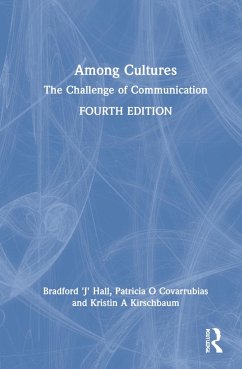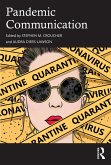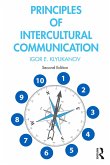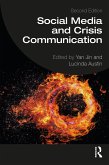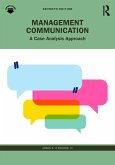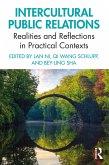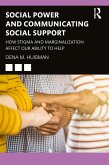Through its unique approach of using narratives and stories to convey theories and concepts, this text, now in its fourth edition, gives students a foundational knowledge in intercultural communication that is imperative for understanding and navigating our increasingly complex human interactions.
This edition continues with an interpretive approach to intercultural communication that is dedicated to providing resources to understand and explain how our own and other cultural systems are reasonable and valuable. New to this edition are increased explorations of immigration, intersectionality, and privilege. For greater flexibility, it introduces a series of mini chapters on topics such as globalization (including discussion of the impact of new media and popular culture), education, and the role of culture in family communication, health communication, environmental communication and multicultural leadership. Each chapter again closes with a summary, reflectionquestions, and suggestions for activities available for students' own review or as potential class exercises.
The book is an ideal companion for introductory or upper-level undergraduate courses in intercultural communication.
Online resources include self-tests, enrichment activities, reflection questions, recommendations for addition readings for students, lecture slides, chapter objectives, supplemental readings, sample discussion and test questions, and additional classroom activities for instructors. Please visit www.routledge.com/cw/hall.
This edition continues with an interpretive approach to intercultural communication that is dedicated to providing resources to understand and explain how our own and other cultural systems are reasonable and valuable. New to this edition are increased explorations of immigration, intersectionality, and privilege. For greater flexibility, it introduces a series of mini chapters on topics such as globalization (including discussion of the impact of new media and popular culture), education, and the role of culture in family communication, health communication, environmental communication and multicultural leadership. Each chapter again closes with a summary, reflectionquestions, and suggestions for activities available for students' own review or as potential class exercises.
The book is an ideal companion for introductory or upper-level undergraduate courses in intercultural communication.
Online resources include self-tests, enrichment activities, reflection questions, recommendations for addition readings for students, lecture slides, chapter objectives, supplemental readings, sample discussion and test questions, and additional classroom activities for instructors. Please visit www.routledge.com/cw/hall.
"For those who love reading stories and making sense of the back story or the story behind the story, this book will provide you with the tools you need to deeply analyze, delicately deconstruct and thoroughly appreciate all your intercultural encounters. An enjoyable addition to an increasingly important body of work aimed at students keen to know what they can do to make the world a better and safer place for all."
Julyn Kang, National University of Singapore
"Among Cultures is an excellent textbook for students to understand cultures through interpretive approaches. I'd recommend it for teaching an entry-level undergraduate intercultural communication course."
Hsin-I Sydney Yueh, Northeastern State University, USA
Julyn Kang, National University of Singapore
"Among Cultures is an excellent textbook for students to understand cultures through interpretive approaches. I'd recommend it for teaching an entry-level undergraduate intercultural communication course."
Hsin-I Sydney Yueh, Northeastern State University, USA

